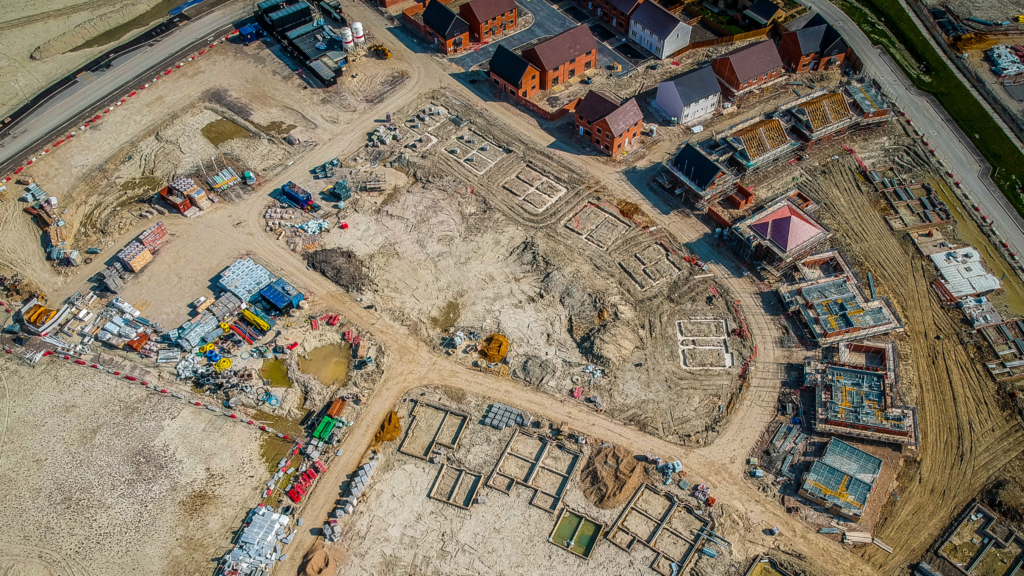The structural warranty landscape is poised for significant changes, driven by legislative adjustments that could extend the warranty duration to a minimum of 15 years. This shift will have profound implications for developers and insurers, affecting their operations, financial planning, and risk management strategies.
Understanding the proposed changes
Currently, structural warranties for new builds typically last 10 years. The potential change to a 15-year warranty represents a 50% increase in coverage duration. This extension is not just a temporal shift but signals a broader move towards making warranties a statutory requirement rather than a lender-driven necessity.
James McGloin, Director of Major Projects at LBB, highlights the potential immediacy of this change, stating, “In terms of the Building Safety Act, the change in duration could suddenly come into force very quickly because it is law. It just needs secondary legislation to make it happen.”
Key considerations
- Insurance impact: The potential increase in warranty duration could lead to a significant rise in premiums, possibly doubling the cost due to the extended risk period.
- Industry response: Many insurers are hesitant about the extension, as it could introduce challenges related to defect liability periods and the availability of test data for longer durations.
- Regulatory uncertainty: While the change is part of the Building Safety Act, the implementation and impact depend on secondary legislation, which remains uncertain amid political changes.
- Developer concerns: Extending the warranty period could shift the burden of defects liability, possibly leading to increased financial strain on developers, especially smaller firms or housing associations.
Impact on developers
- Increased responsibility: The onus is increasingly on developers to provide compliant warranties, with penalties for non-compliance. Developers must ensure that the warranties they provide meet new statutory requirements, which might include coverage for common parts and specific defect types.
- Financial penalties: Non-compliance with the Building Safety Act can result in substantial financial penalties, up to 10% of the value of the property or £10,000, whichever is greater. This underscores the importance of adhering to new regulations and maintaining thorough documentation and quality standards.
- Operational adjustments: Developers, especially those involved in joint ventures or special purpose vehicles, need to reassess their roles and responsibilities in light of these changes. Ensuring compliance will require adjustments in project management and possibly changes in contractual agreements with insurers.
Impact on insurers
- Market challenges: The insurance market must decide whether to continue offering long-tail policies that cover a 15-year period. Many insurers operate on yearly contracts, and this change might lead to a re-evaluation of risk and return on investment and fewer insurers offering build warranty and latent defects insurance (LD).
- Pricing & competition: With extended coverage comes the challenge of pricing. Insurers must account for inflation and other economic factors over a longer period, which could lead to higher premiums. Additionally, there might be a reduction in competition if smaller insurers exit the market due to the inability to support such long-term commitments.
- Solvency & ratings: Ensuring solvency over an extended period becomes critical. Insurers may be required to hold certain financial ratings to demonstrate their capacity to cover long-term policies, influencing their market participation and consumer trust.
Strategic planning & collaboration
For both developers and insurers, adapting to these changes will require strategic planning and collaboration. Specialist insurance brokers will play a key role, supporting developers to understand the provider market and building relationships with reputable warranty providers who are proactive in aligning with regulatory changes. Building on our deep relationships with insurers and understanding of developer requirements, LBB are ready to work with insurers to evaluate their product offerings and consider innovations that could support the extended warranty period while managing risks effectively.
So what next for developers and insurers?
The anticipated changes to build warranty durations represent a paradigm shift in how the construction and insurance industries approach structural guarantees. By extending the warranty period to 15 years, the legislation aims to enhance consumer protection and ensure long-term quality assurance for new homes.
Developers and insurers must be proactive in understanding and implementing these changes, viewing them as an opportunity to innovate and improve standards rather than a mere compliance challenge. Preparing for this transition will be key to maintaining competitiveness and ensuring sustainable operations in a rapidly evolving market. These insights highlight the complexities and concerns associated with extending build warranty durations, highlight the need for careful consideration and industry consultation to address potential challenges.
As developers and insurers navigate this transitionary period – trusted advice has never been more important. Get in touch to learn more about how London Belgravia Group can support you.

